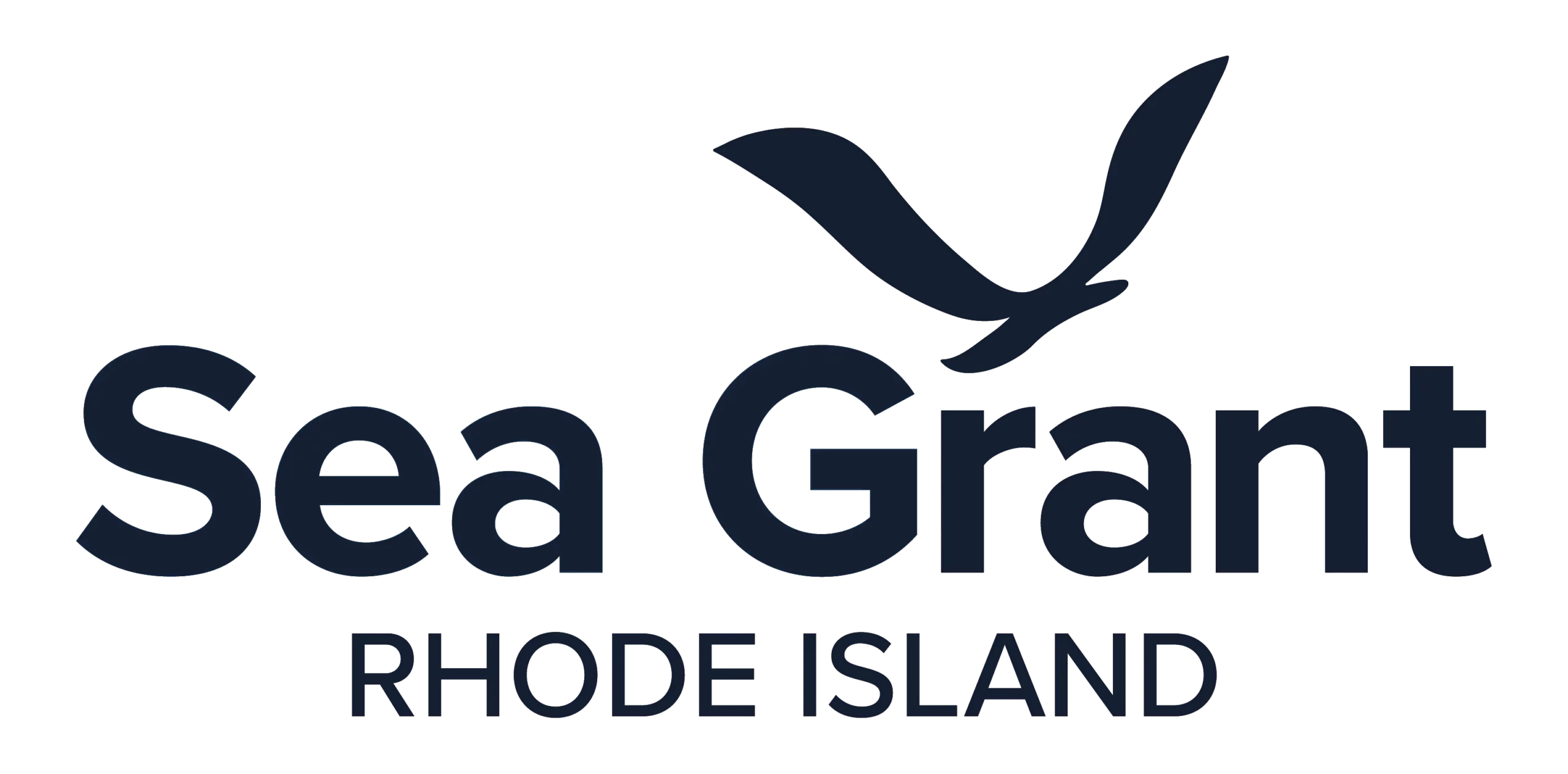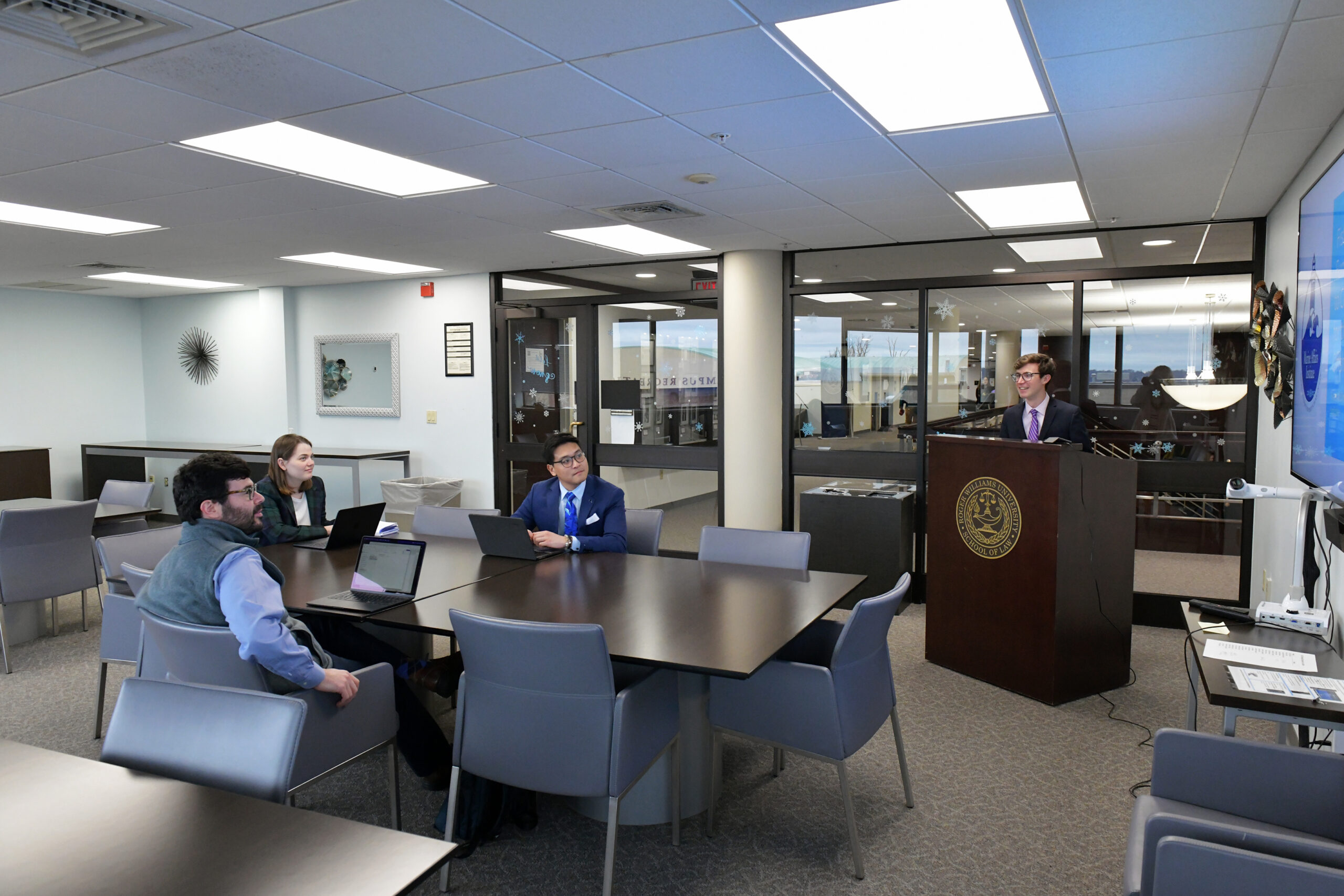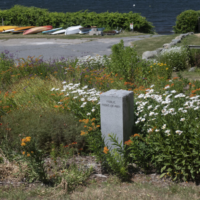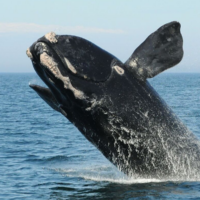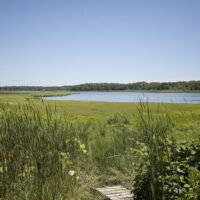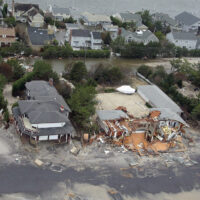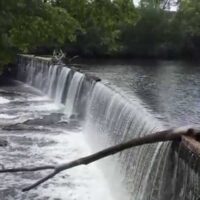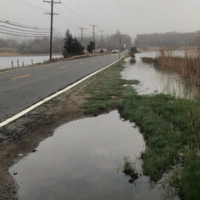Our Work
Marine Law & Policy
Fellows
Publications
Media
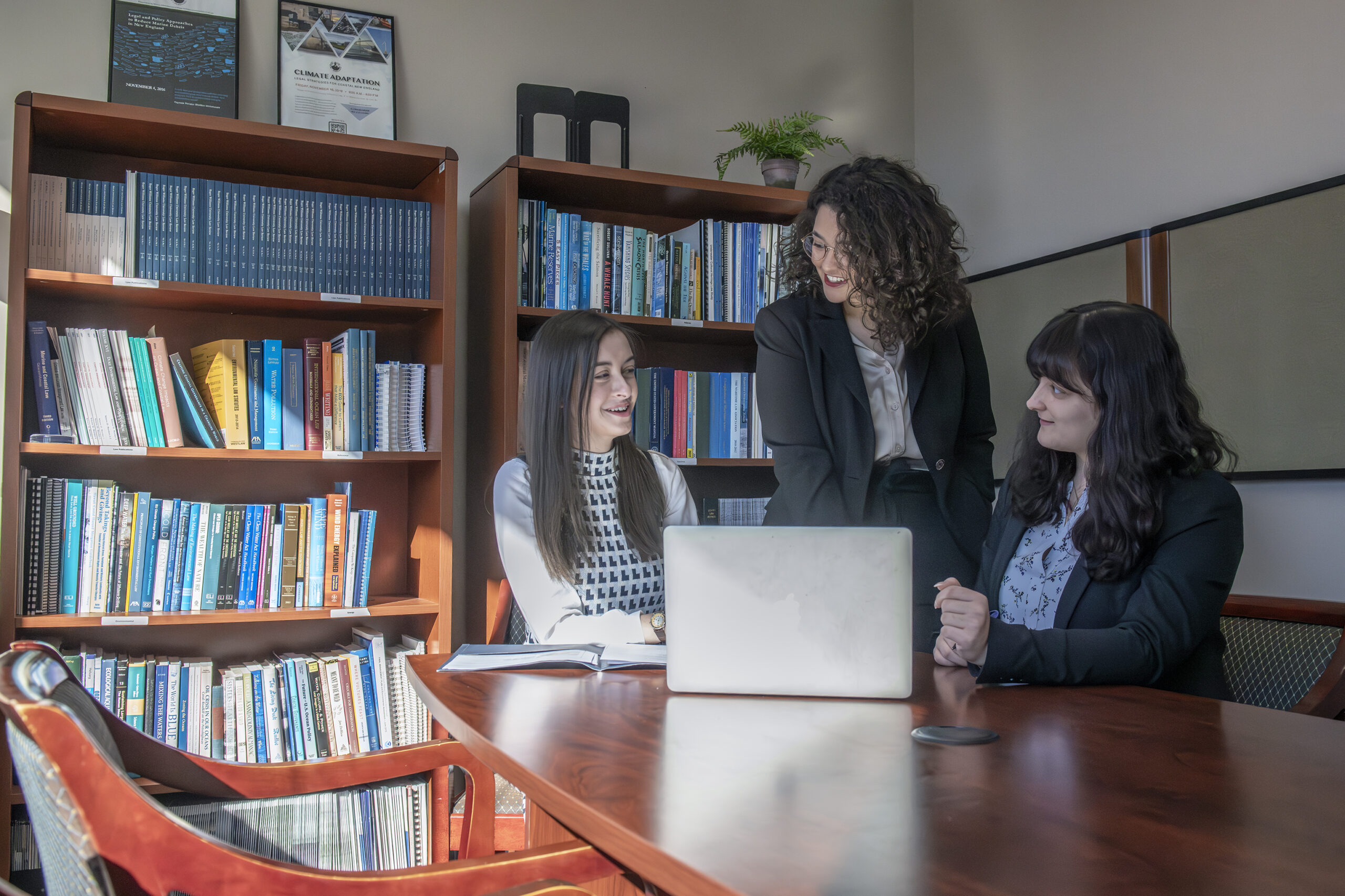
About
The Rhode Island Sea Grant Legal Program is one of four Sea Grant Legal Programs in the nation, and the only one in New England.
Housed at the Marine Affairs Institute at the Roger Williams University School of Law since 2003, the program is a national clearinghouse for marine law and policy and prepares law students entering the exciting field of ocean and coastal law through the Law Fellow Program.
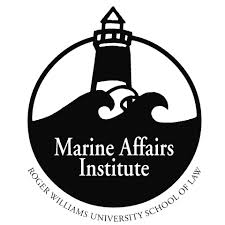
Mission
To provide legal expertise on ocean and coastal-related issues and prepare the next generation of marine law professionals.
Rhode Island Sea Grant Law Fellow Program
The Rhode Island Sea Grant Law Fellow Program is an experiential education opportunity in which Law Fellows research and analyze marine law issues requested by outside professional organizations, under the guidance of Marine Affairs Institute staff.
Students are eligible to become Law Fellows after their first year of study, and projects are typically completed in one semester, though some projects last more than one semester. Outside organizations requesting Law Fellow assistance may include government agencies, nonprofit groups, and corporations. Project topics cover the full range of ocean, coastal, and maritime topics and may focus on local, regional, national, or even international law. The Rhode Island Sea Grant Law Fellow Program does not litigate or advocate.
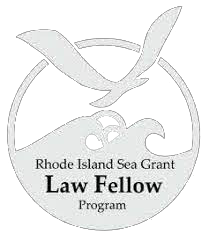
Contact
Julia Wyman, Legal Program Director
jwyman@rwu.edu
Publications
Knauss Marine Policy Fellowship
The Sea Grant Knauss Fellowship provides a unique educational experience to graduate students who have an interest in ocean, coastal, and Great Lakes resources and in the national policy decisions affecting those resources.
The Fellowship, named after one of Sea Grant’s founders, former NOAA Administrator and Dean of URI’s Graduate School of Oceanography, John A. Knauss, matches highly qualified graduate students with “hosts” in the legislative and executive branch of government located in the Washington, D.C., area, for a one-year paid fellowship.
CONTACT: Kim Ohnemus | kohnemus@uri.edu
